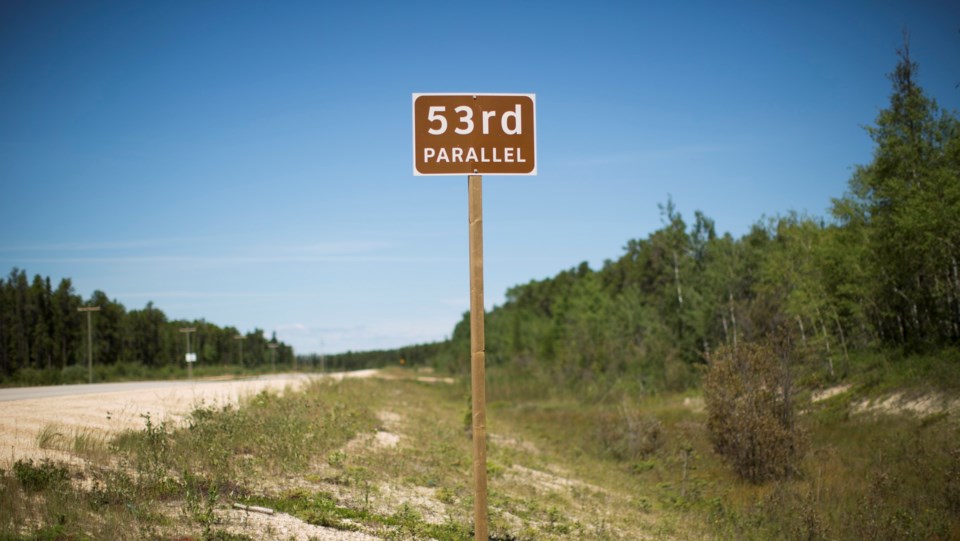The first positive test for COVID-19 in the Northern Regional Health Authority (NRHA) area since April was reported Aug. 23.
The person who tested positive was a close contact of a visitor from the Prairie Mountain health region, who travelled to Gillam to visit family between Aug. 12 and Aug. 21. That visitor then learned that they were a close contact of another positive coronavirus case in the Prairie Mountain region, self-isolated from their family, according to an Aug. 23 social media post by Gillam Mayor Dwayne Forman, and were tested for COVID-19 after developing symptoms. The visitor who tested positive did not visit any local businesses, according to Forman’s post.
The fact that a visitor to the Gillam area had tested positive for the novel coronavirus was made public by the Fox Lake Co-ordinated Response Team in an Aug. 21 Facebook post. They received the information about the traveller during a meeting with NRHA medical officer of health Dr. Michael Isaac and Pam Smith and Catherine Spreitzer of Indienous Services Canada. They said the traveller had not been in contact with anyone from Fox Lake Cree Nation’s Bird reserve, anyone on the Gillam urban reserve or Fox Lake members living off-reserve. They also said there were no contacts with employees of Manitoba Hdyro or its Keeyask generating station and that the risk of the public having been exposed to the virus was low.
Fox Lake Cree Nation announced an immediate lockdown of the Bird reserve in response and banned visits to Deer Island until further notice.
The Gillam resident who tested positive was one of 72 new cases of COVID-19 announced in the province Aug. 23. That was 30 more positive tests in a single day than the previous high of 42 on Aug. 22. Of the 72 new cases announced Sunday, 45 were in the Prairie Mountain region, 16 were in the southern health region, nine were in Winnipeg and the other was in the Interlake-Eastman health region.
As of Aug. 23, there had been a total of 944 COVID-19 cases in Manitoba since the pandemic began, with 576 of those considered recovered and 356 considered active. Seven people were in hospital due to COVID-19 on Aug. 23, including one in intensive care. Twelve Manitobas have died as a result of COVID-19 since the first positive test in the province in mid-March. More than 125,000 Manitobans had been tested for the virus up to and including Aug. 22.
The positive test in Gillam is the fourth in the NRHA since the pandemic began and the first since early April.
In response to the case, Manitoba Keewatinowi Okimakanak (MKO), which represents 26 Northern Manitoba First Nations, and the Assembly of Manitoba Chiefs (AMC), which represents more than 60 Manitoba First Nations, called for the ban on non-essential travel into Northern Manitoba, originally introduced in mid-April and discontinued near the end of June, to be reinstated.
“Our chiefs have taken every precaution to ensure the safety and wellbeing of their community members, and we are calling on the Manitoba government to work with First Nations leadership to reinstate the order prohibiting travel to Northern Manitoba,” said MKO Grand Chief Garrison Settee in a press release. “The call to reinstate the northern travel order is a proactive measure by First Nations leadership to reduce and minimize risk the spread of COVID-19 as access to primary health care is not comparable to our neighbours in the south."
“By imposing travel restrictions, we want to collaborate with the province in establishing criteria for exemptions to the order,” said AMC Grand Chief Arlen Dumas. “Our First Nations are currently undertaking vital community housing and infrastructure projects with companies classified as essential service providers. However, these services must be consistent with pandemic planning protocols established by our First Nations to ensure that the work is conducted in the safest manner possible.”




